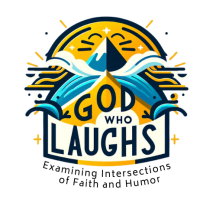
Calvin University
In the small religious enclave in which I was raised, “belief” was understood as assent to propositions. What mattered was the correctness of one’s professed assents, vis-à-vis other versions of the Christian faith and conveniently codified in three historical documents from the European Reformation. Our beliefs fit together (at least purportedly) in a coherent system of religious thought. Over the course of my lifetime, however, this religious subculture has shifted, influenced by generalized American evangelicalism, to the point where cognitive assent to theological propositions has little influence on practice or identity. Instead, what used to be (too pridefully) celebrated as “Reformed distinctiveness” has faded into concern with borrowed cultural and political markers.
But is “belief” in a religious context properly to be understood as cognitive assent? That assumption is challenged by the Gospel accounts, in which the Greek pistis is better translated as “trust.” Indeed, even the “purest” cognitive assent is, at bottom, a question of whom one trusts. Moreover, trust and beliefs are embedded in narrative. A scaffolding of systemic thought is helpful in codifying the narrative, testing its coherence, but narrative is perhaps primary in shaping identity and behavior.
Emphasis on cognitive assent has advantages and disadvantages, but when coherence dissolves, trust has no guard rails, and we wind up with fractured narrative and confused trust. This leads to the crisis we witness in the US today: self-referentially incoherent tribal epistemologies. Conspiracy theories, anti-vax movements, and climate denialism, for example—to all of which religious people are disturbingly vulnerable—result from trust/narrative vacuums. Winners in the “attention economy” become trusted authorities; sensationalized story forms shape our imaginations.
I’m interested, therefore, not in a return to a “simpler time,” but in more attentive reflection on the interaction, among religious adherents, of trust, story forms, and cognitive assent.
